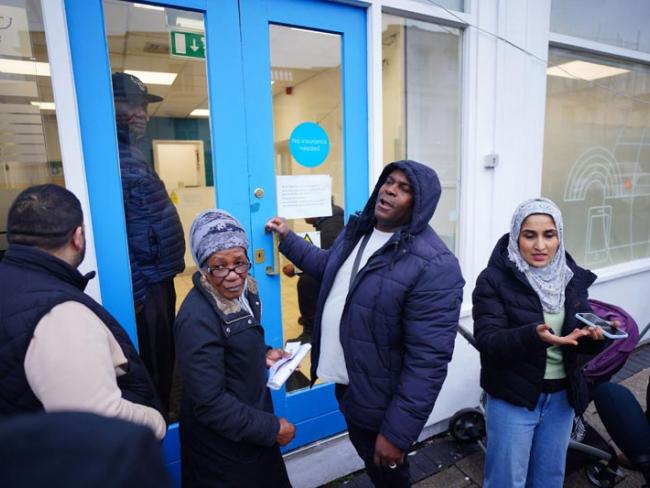
7 February: People in line outside the St Pauls Dental Practice, Bristol after it opened registrations for NHS patients. Photo Ben Birchall/PA Images/Alamy Stock Photo.
The queues of would-be patients waiting to register with a Bristol dental practice that offered NHS treatment that hit the headlines in early February were a shocking reminder of the state of dentistry. Police had to be called to break up the crowds.
In 2023 a House of Commons report described a “crisis of access” to NHS dentistry. Research in 2022 by the BBC and the British Dental Association (BDA) found that 90 per cent of practices were not accepting new adult NHS patients. In many parts of the country, known as dental deserts, no practices would accept new NHS registrations.
One in 10 respondents to a YouGov survey had performed dentistry on themselves, while a BDA survey found that 8 out of 10 of their members had treated patients who had undertaken some form of DIY dentistry.
A government “Recovery Plan” published on 9 February met with a scathing reaction from the BDA, calling it not worthy of the title. The plan offers a patient premium to dentists seeing a patient who hasn’t undergone treatment in two years – but no new money for it.
It also raises the minimum value of the Unit of Dental Activity, the measure by which dentists are paid. But the BDA estimates that fewer than 900 of the 8,000 NHS contract holders in England will benefit from the increase. The BDA has launched a campaign under the slogan, “Save NHS dentistry and make it fit for the 21st century”.
• Related article: Waiting on the NHS
